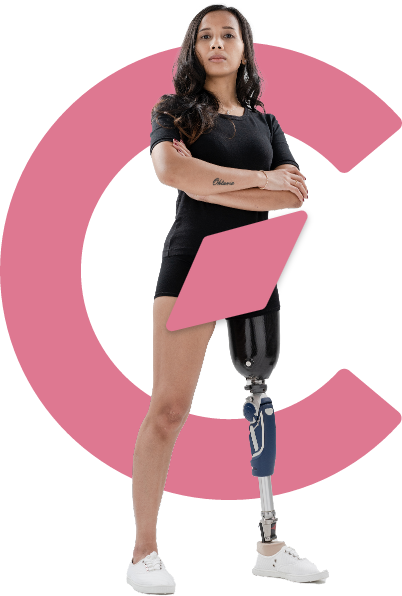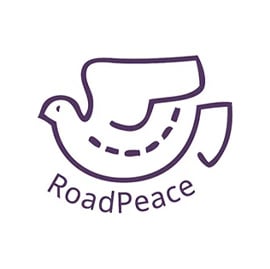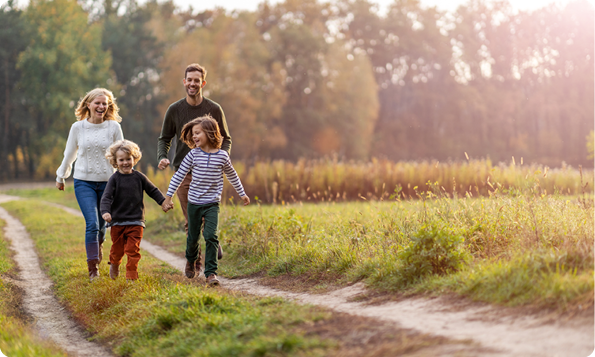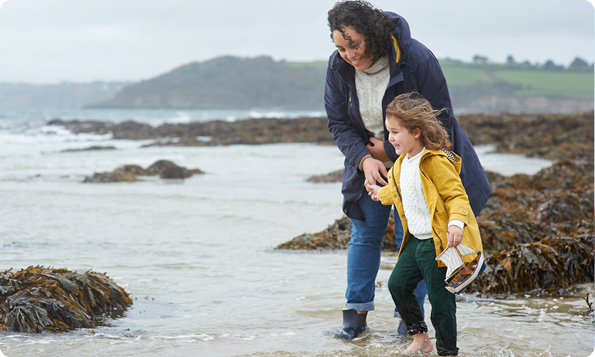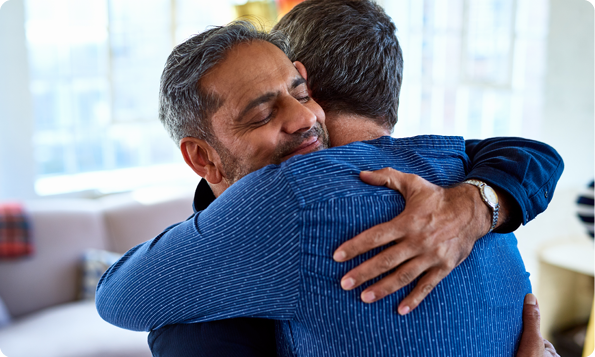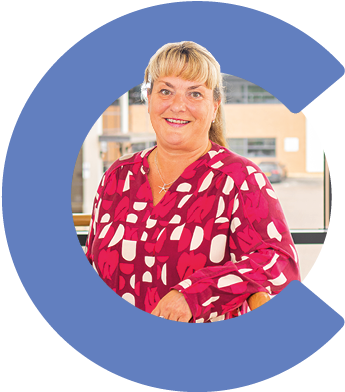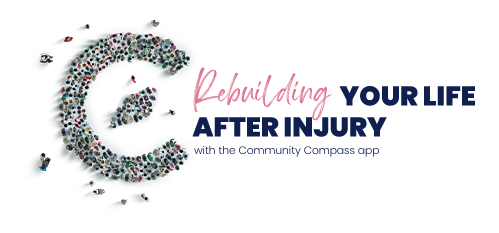1
Free meeting without the need to go ahead with a claim
We’ll come to see you face to face wherever you feel comfortable to find out more about you and your family, what you’re worried about and how we can start helping you. We’ll also talk to you about how your case can be funded, so you’ll have peace of mind and reassurance that making a claim won’t cost you money, even if your claim isn’t successful. We don’t believe in taking money off injured people like some other firms, so there are no hidden charges
2
Introduce our Rehabilitation and Support Team
Once we understand what’s worrying you, our Rehabilitation and Support Team will be in touch to understand more about your needs and to help you access the urgent support you need. The team include health and social care professionals who can help to plug any gaps in your care. They’re on hand to help with discharge planning and making sure you have everything you need to go home safely. We’ve also got an emergency fund to help pay for any initial care, aids and equipment you might need.
3
Contact the other side to get the ball rolling
We’ll send a letter of claim to the defendant insurers—this is basically a letter telling them what’s happened and why we think they’re responsible. It’s important we make contact with the defendant insurers as soon as possible to make sure your claim can move forward without any delays. They’re allowed time to look into what’s happened and tell us if they admit they’re to blame, they think they’re partly to blame, or they deny blame all together. Sometimes, there’s no response at all. However, while they’re doing this, we’ll be working with them to try and get funding for private rehabilitation to help your recovery from the very beginning of the claim.
4
Asking for interim payments
You might be worried about the impact your injuries have had on you and money worries if you can’t work. While steps one to three are ongoing, we’ll also be asking the defendant insurers for interim payments. These are payments that you get as soon as possible before your case has settled that can help pay for any suggested treatment, help with any financial worries you might have about paying your rent or mortgages, or paying bills, and to put in place a full treating and care team, helping to make sure you achieve your best possible outcome.
Next, we’ll start gathering the evidence. This could be to help prove that the other person involved was to blame (known as liability) and medical evidence to show what injuries you have, that these injuries were caused by the incident and how they’ve affected your life (known as causation and quantum). Liability evidence could be CCTV or police reports, and medical evidence includes your hospital or GP records, as well as reports from medical experts who specialise in your injuries.
6
Getting you the rehabilitation you need
As we carry on gathering all the information to build your case, we’ll be working alongside professionals who are specialists in your injuries to look at how we can support you and get you the best recovery possible. We do this by organising the highest quality rehabilitation and treatment for your specific needs. We’ll keep working with the defendant insurers to get all this funded for you while your claim is still ongoing so that you don’t have to wait.
7
Working out how much your claim is worth
After gathering all the evidence, we’ll also calculate how much your claim should be worth. We’ll look at what losses you’ve had since your injuries including from not being able to work, as well as any losses you’ll experience in the future. We’ll also think about all the things you’ll need now and in time to come, including things like care packages, treatment, aids, equipment, changing your home so it works better for you, and any number of others things that might be important to you (for example getting back to a hobby you love or sourcing an adapted holiday home for you to enjoy time with your family).
8
Fighting for your best possible outcome
Throughout your whole case we’ll be negotiating with the defendants—whether it’s to get them to accept they’re to blame, agree to release some interim payments to help with your recovery or discussing how much compensation you should get. We’ll always fight for your best possible outcomes.
Even after your case has settled, we’re still here for you. Our specialist Court of Protection team can help you if your family member can’t manage their own affairs anymore, or we can set up a Personal Injury Trust to make sure you can still claim the benefits you need. We’re also here to help with financial advice to make sure your compensation lasts you for the rest of your life.




